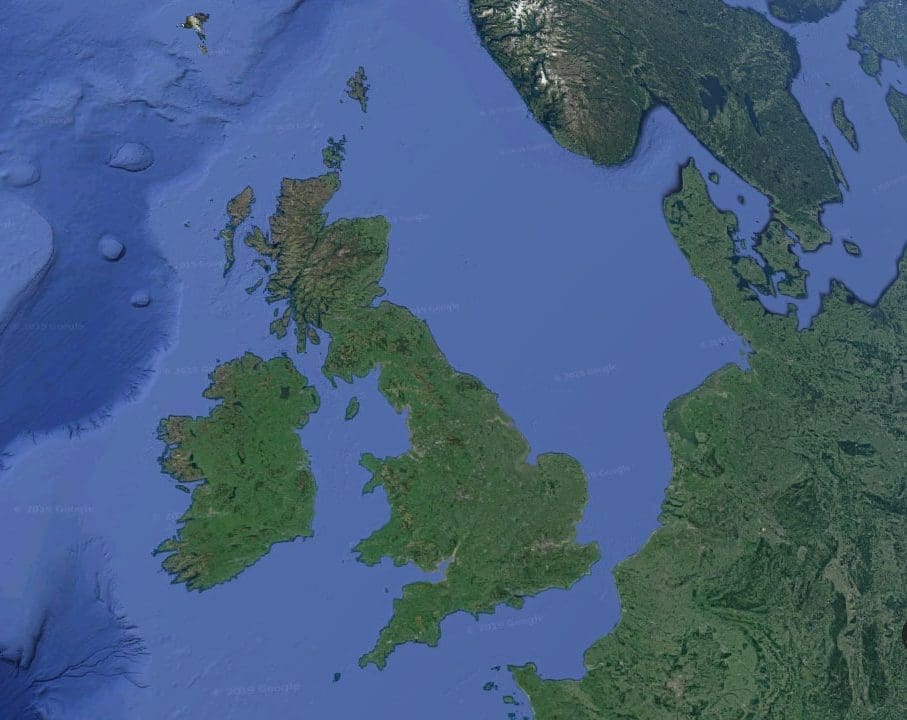I. Market Value:
A claimant is entitled to the Market Value of their land / property. A Compulsory Purchase Order can effect property values. When assessing the level of compensation, regard is paid to the “no scheme world”, i.e. the effect of the CPO (both positive and negative) is ignored and the value of the land / property to be taken is on the basis of open market value.
II. Disturbance
Disturbance compensation includes all costs reasonably associated with the CPO. The actual level of compensation will vary from claim to claim and is dependent upon the claimant’s specific circumstances. However, a claimant has a duty to mitigate his/her loss. Examples of items which are claimed under “disturbance” include removal costs and acquisition fees incurred in purchasing a relocation property (including Stamp Duty Land Tax) as well as business losses, see attached list of potential claims.











